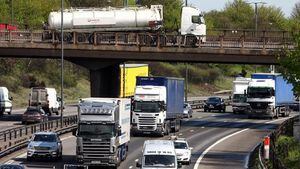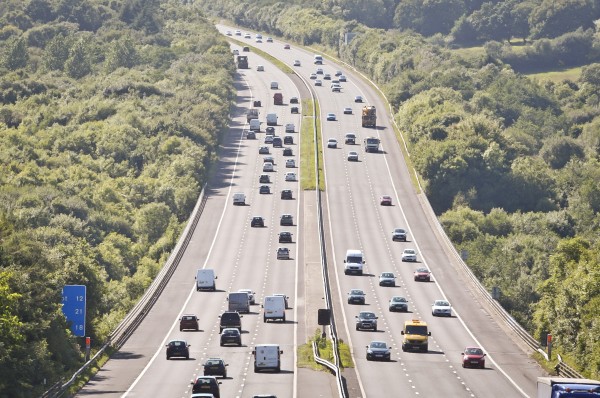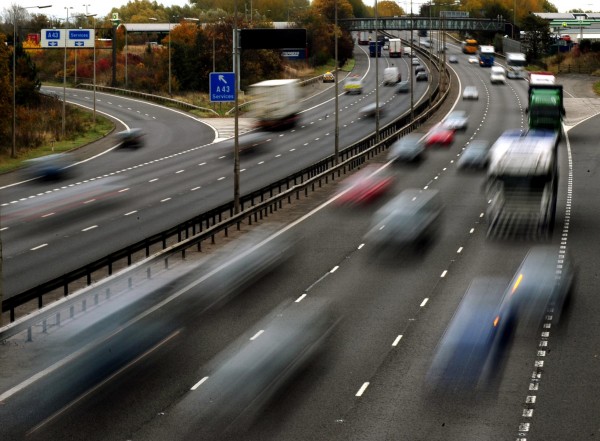Motorists ‘should be charged based on their road use’
The Association for Consultancy and Engineering says charging based on which roads a motorist uses would plug a gap in falling government revenue

Dynamic pricing that would charge motorists depending on what roads they use and when could help with “failing” funding models, a new report suggests.
It says motorists should be charged based on congestion on the road network, whether they used motorways or country lanes, and what time of day they travelled. It also suggests offering discounts to students and pensioners to help keep them mobile.
The advice comes from the Association for Consultancy and Engineering (ACE), a business group representing organisations in the social and economic infrastructure sectors, which warns that continuing to fund roads using the existing vehicle excise duty and fuel duty will not work.
Nelson Ogunshakin, chief executive of ACE, said: “Our report argues that in the years ahead only a reformed funding regime based on dynamic road user pricing will manage traffic flows and deliver the significant investment needed to keep the country moving.

“It’s vital that the government starts these conversations with the public now, as to date there have been suspicions of road user pricing and fears that people will be priced off the road.
“This doesn’t have to be the case, and there is a great opportunity to develop a fairer-for-all road funding system that delivers the first-class road network that this country needs long into the future.”
Its recommendations include expanding the national roads strategy to include ring-fenced funding for local roads, reforming vehicle excise duty to secure more revenue from electric vehicles, and increasing private investment in the road network.
ACE also recommends updating the HGV road user levy and using it as a pilot scheme for dynamic road charging for all drivers.

Dave Baddell, managing director of the strategic highways arm of engineering firm AECOM, which was also involved in the report, said: “Such is the importance of the road network to our national economic and social well-being that we cannot allow the way in which we fund its future development and operation to become misaligned with emerging customer needs.
“Alongside the increased levels of spend we have seen allocated to parts of the network in recent years comes an equally exciting opportunity for industry to work alongside government in order to create an investment framework that supports a modern and sustainable road network.”
A Treasury spokesperson said: “We are committed to ensuring that our roads are fit for purpose, and that’s why we are investing £15 billion in our road investment strategy.
“We are also supporting hard-working people across the country by freezing fuel duty for the eighth year in a row, saving drivers £160 a year on average.”





